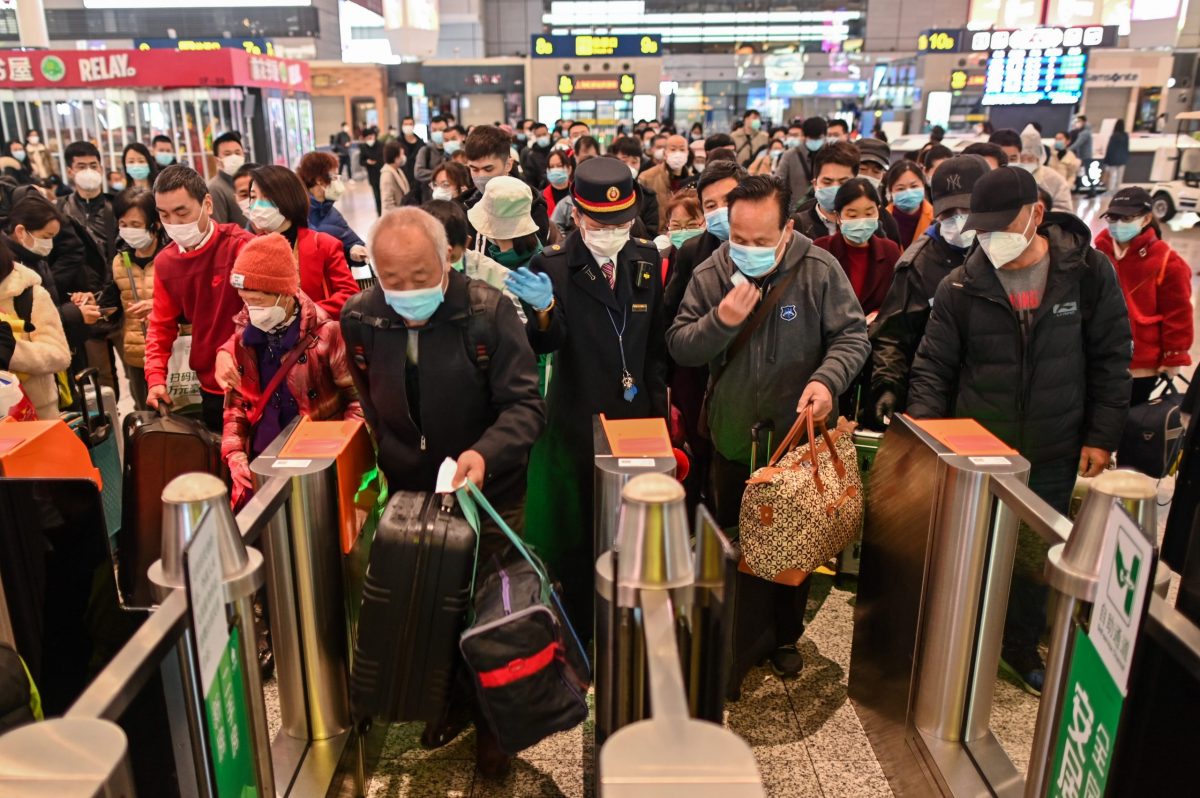China – home to the world’s second-largest economy – is getting back to work after some of the strictest and most robustly enforced coronavirus lockdown and quarantine measures anywhere in the world. But the country’s sustainable economic recovery can only be assured if two conditions are now met.
First, that mass testing for Covid-19 continues as the economy reboots; and second, that demand is supported domestically and internationally.
With the pandemic epicenter now shifting away from China, the world is watching how the People’s Republic fares.
As I wrote in Asia Times on March 23, global investors will be asking, “Did the aggressive quarantining work? Will there be another outbreak as activity resumes? How will authorities revive the economy? How will these decisions and their success or failure impact the rest of the world?”
In this regard, global markets rallied this week on tentative signs that the Chinese economy is stabilizing as factories, retailers, and hospitality venues reopen, among others. Fuel consumption has almost returned to normal levels and the volume of traffic in major cities is also back.
Food prices are where they were pre-pandemic and there are very few signs of grocery supply issues or panic buying.
So far, so good.
This is certainly true. But to my mind, the recovery will only last if aggressive mass testing continues as people leave their homes, abandon social-distancing measures, get back to work and using public transport, and all the other parts of everyday life.
We know there’s a certain Covid-19 incubation period, so it’s essential that people are still monitored and tracked with testing now they’re free from lockdown in order to avoid what could otherwise be a very painful second wave of the outbreak.
With the supply side of the economy seemingly getting back on track, the other main driver for sustainable economic recovery will, of course, be the support of demand in terms of domestic fiscal stimulus.
To its credit, the Chinese government has committed to backing several critical sectors, including manufacturing, among others.
The current emergency monetary policies will also need to be maintained, and new ones added to encourage the flow of pent-up consumer demand.
As the world’s largest exporter of goods, China will also need demand to be backed internationally.
It is essential that governments around the world continue and increase their unprecedented support measures for these unprecedented times.
Leaders of the Group of Twenty nations must remain committed to fulfilling their pledge to do “whatever it takes” to minimize the social and economic damage of the coronavirus pandemic.
To a large extent, Covid-19 seems to have been successfully contained in China and the domestic economy is being kickstarted once again.
Beijing now must ensure the positive momentum goes on and intensifies with a continued mass testing agenda and by ensuring strong demand.
Nigel Green is founder and CEO of deVere Group.
























